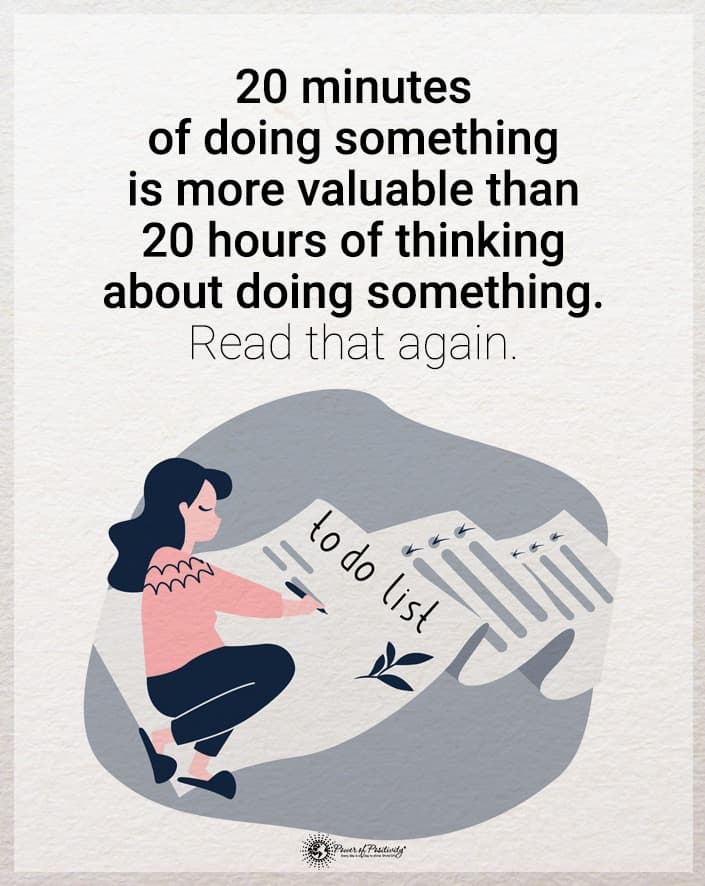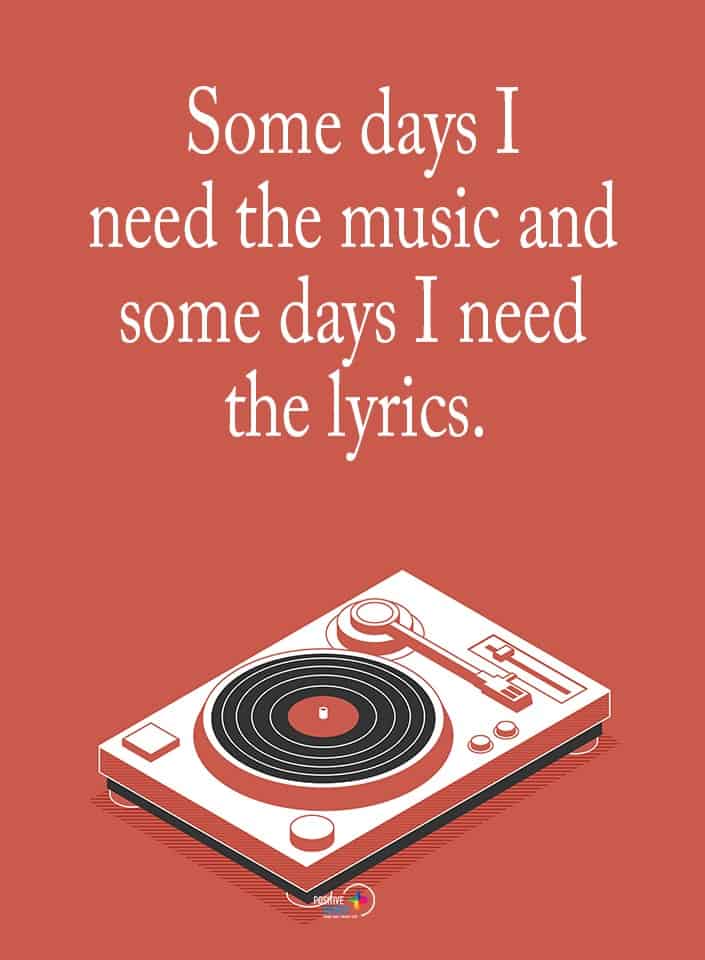Are you easily distracted? It’s challenging to get through a day without tons of interruptions, and some people can manage these intrusions and decrease distractions better than others. When you’re constantly disturbed, it causes your productivity to suffer. Take, for instance, taking your young children to the grocery store with you.
If you’re a parent, you’ve no doubt had to take your kids grocery shopping on occasion. While your mind is on dinner and having enough stuff to pack lunches, they are grabbing everything in sight. Often, when you get home, you won’t have all the things you need as they distract you.
Why was this grocery trip unsuccessful? You couldn’t focus on the task at hand due to the constant interruptions. Did you know that employers lose thousands of dollars each year due to employees being distracted? According to an article in the Huffington Post, employers lose around $10k a year per employee because they cannot focus.
Things have gotten so bad that the article cited a study that indicated that the average employee only has an attention span of three minutes before they’re interrupted. If only there were a way to decrease distractions, you could be more productive at work, home, or wherever you go.
Ten Easy Habits to Decrease Distractions
Americans have an issue with their focus and attention spans. However, some of the problems might not indeed be your fault. Here are ten easy habits that can help you to decrease distractions so you can increase your productivity.
1. Only Check Email Three Times a Day to Decrease Distractions
When it comes to distractions and things that can sabotage your productivity, checking your email is one thing on top of the list. An article by Life Hack referenced studies that some people check their email every fifteen minutes, while the average is twenty times a day. It all goes back to the theory that you must respond immediately, or others view you as lazy or slacking.
There’s nothing in your inbox that is so urgent that someone can’t call you on the business phone about it. Most corporations will let you know if something important is coming through your email so that you can watch for it. However, the rest of the people can wait.
Try checking your email first thing in the morning, at lunchtime, and before you go home from work in the evening. If you want to decrease distractions, the best place to start is with your email.
2. Silence Cell Phone and Social Media
Another major distraction is cell phones. Phones are like minicomputers where you can pay bills, chat with friends, play games, and do work. However, you likely spend too much time connected to the internet and clutter your mind.
A study by Kommando Tech found that millennials are on the phone for over five hours each day. Five hours a day is more than half of the average workday. While phones are not pleasure but necessities, enough is enough.
If you wonder why you lack productivity, then your cell phone could be to blame. Try silencing your phone and only checking it when you look at your emails. Your cell phone can be a significant interruption, so try putting it in silence to decrease distractions.
3. Avoid Using Caffeine to Fuel Your Body
Many people use coffee as a pick-me-up to get them fueled for the day. However, using stimulants is controversial because they often do more harm than good. Did you know that caffeine can increase your anxiety as well as make your heart race?
Additionally, since caffeine falls in the line of legal drugs, you need more to have the same effect. For instance, you may have started with one cup of coffee to get you going in the morning, but soon you need two or three cups to get the same effect. The real kicker is when you try to wean yourself from this simulant, as you will experience headaches and all sorts of withdrawal symptoms.
Try to avoid using energy drinks or coffee to give you stamina. There are other, healthier ways to provide you with a boost. Try ginger shots that pack your body full of vitamins or even supplementing vitamins like B12, which many believe might help you boost your energy.
Never assume you need caffeine to go, but rather investigate why you’re so sluggish. Your diet, sleep schedule, or vitamin intake may need to be adjusted.
4. Work for Shorter Time Frames Before a Break
Part of the key to getting more done with fewer distractions may be to work for shorter periods. According to the Department of Labor, each state has mandates on how much break time a person should receive. The average breaks for an eight-hour day are an hour lunch and two fifteen minute rests.
Now, you may find that working for two hours straight without getting a break doesn’t work for you. Your employer might be inclined to listen if it increases your productivity. Maybe you find that you work well for one hour, but you need a five or ten minute break before you can keep going.
Find what works for you and talk to your boss about how to help your productivity and minimize disruptions.
5. Listen to Music While You Work
Sometimes you need to go into the zone to decrease distractions. Why not plug in some earbuds and listen to some music while you work? For some folks, the music needs to be classical and have little to no words, or it will be counterproductive.
However, others find that head-banging music tends to help them focus better. Whatever works for you, please do it! It may be better to tune the world out and turn on the songs from your favorite radio channel.
6. Get Comfortable to Decrease Distractions
If you’re not comfortable, it’s going to affect your productivity. Wear clothes that make you feel like working and not miserable all day. Also, make sure your chair is comfy and at a good height, your lighting in the office is good, and you’re in a mindset ready to work.
7. Reject the “Always Connected” Mentality
Reject the theory that you must always be connected. While this mentality has taken off in the past few years, it’s unnecessary. You need to be partially related to doing your job, but it can be at designated times.
If you’re concerned this may cause an issue with your boss, you might want to consider that anything you do to enhance your productivity is going to be a win-win for them. Talk to them, tell them your concerns, and develop a plan that works for you and the company.
8. Use Post It Notes
Post-it notes are another way of having a “to-do” list. Write each task you must achieve on a post-it. When you accomplish each of these tasks, then you can throw it in the trash. It helps you to mentally see that you’re performing things to have a sense of achievement.
Have you ever had days when you feel like you’re on a roll and getting tons of things done? Well, seeing things being crossed off your list can boost your morale.
9. Keep Track of Your Task Time
Task timers have become good tools to use to see how long it takes you to do something. You may be surprised by how little or long it takes you on some things. At the beginning of each new assignment, start the clock.
See how many times your interrupted and what it costs you in productivity. You’ll be eager to make changes when you see how long a simple chore takes you with all the interruptions.
10. Determine Your Most Productive Time Frame
Some people work better at night, while others tend to do better on a second shift. Find the time that works best for you. Does your job have different shifts that you can choose from?
Perhaps you can choose your hours if you work for yourself. Or maybe you can do household chores during your most productive times. Some people don’t do mornings. So if this is the case for you, don’t plan on getting the bulk of your stuff done during that time. However, others prefer to work early. Either way, it’s about doing whatever works best to make you more productive and decrease distractions.
Final Thoughts on Ways to Decrease Distractions
A study conducted by Business 2 Community estimates that the average person has an attention span between two to five minutes. Shockingly, 95 percent of the workforce is not doing the best job because they’re so distracted. Every interruption costs your boss money, or it cost you downtime.
It will help if you learn effective ways to minimize disruptions in all aspects of your life. To decrease distractions, put your cell phone on silent, only answer your emails three times a day, turn on some music, find your most productive time, and work in time blocks. By implementing a few changes, you can make a massive difference in your day.

















 Community
Community

